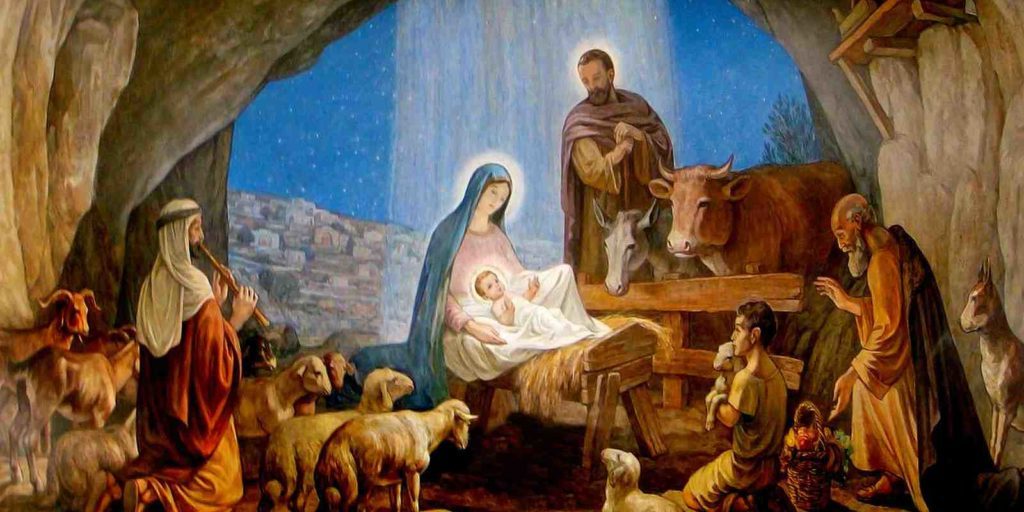
The Incarnation
It was Gregory of Nazianzus who stated, “That which He has not assumed He has not healed.” As such, the Incarnation is not merely a historical occurrence. Rather, it is an event with deep soteriological implications. Furthermore, since God has become man, the doctrine has deep anthropological implications. Further still, since we expect Christ to return as the incarnate Lord, the doctrine has eschatological implications. The longer and deeper we study the Incarnation, the more we understand all areas of theology and the better we know ourselves.
The Mystery of the Incarnation by Stephen J. Nichols
It is our hope that this series helps exalt the One who is “truly God and truly man” and He who is “consubstantial with the Father as regards his divinity, and the same consubstantial with us as regards his humanity; like us in all respects except for sin; begotten before the ages from the Father as regards his divinity, and in the last days the same for us and for our salvation from Mary, the Virgin God-bearer as regards his humanity.”

